1. Read and translate the text.
Since ancient times Nature has served Man, being the source of his life. For thousands of years people lived in harmony with environment and it seemed to them that natural riches were unlimited. But with the development of civilization man's interference in nature began to increase.
Large cities with thousands of smoky industrial enterprises appear all over the world today. The by-products of their activity pollute the air we breathe, the water we drink, the land we grow grain and vegetables on.
Every year world industry pollutes the atmosphere with about 1000 million tons of dust and other harmful substances. Many cities suffer from smog. Vast forests are cut and burn in fire. Their disappearance upsets the oxygen balance. As a result some rare species of animals, birds, fish and plants disappear forever, a number of rivers and lakes dry up.
The pollution of air and the world’s ocean, destruction of the ozone layer is the result of man’s careless interaction with nature, a sign of the ecological crises.
The most horrible ecological disaster befell the Ukraine and its people after the Chernobyl tragedy in April 1986. About 18 percent of the territory of Belarus were also polluted with radioactive substances. A great damage has been done to the agriculture, forests and people’s health. The consequences of this explosion at the atomic power-station are tragic for the Ukrainian, Belarussian and other nations.
Environmental protection is of a universal concern. That is why serious measures to create a system of ecological security should be taken.
Some progress has been already made in this direction. As many as 159 countries – members of the UNO – have set up environmental protection agencies. Numerous conferences have been held by these agencies to discuss problems facing ecologically poor regions including the Aral Sea, the South Urals, Kuzbass, Donbass, Semipalatinsk and Chernobyl. An international environmental research centre has been set up on Lake Baikal. The international organisation Greenpeace is also doing much to preserve the environment.
But these are only the initial steps and they must be carried onward to protect nature, to save life on the planet not only for the sake of the present but also for the future generations.
Answer the questions:
1. How did people live for thousands of years?
2. What cities appear all over the world today?
3. What pollutes the air we breathe?
4. What is the result of the pollution the atmosphere?
5. Why is environmental protection of a universal concern?
6. What are the initial steps in this direction?
2. Read the meaning and guess the word:
– The scientific study of the natural relations of plants, animals, people to each other and their surroundings.
– The act of making (air, water, land) dangerously impure.
– Too many people in one place.
– The act of destroying, putting an end to the existence of sоmething.
– The act of throwing things away untidily.
– Plants, animals, people.
– The natural home of a plant or animal.
3. Match the words with their definitions.
| 1 | disposal | A | the result of a particular influence |
| 2 | non-renewable | B | waste or rubbish |
| 3 | emit | C | spoiling or destroying the beauty or quality of something |
| 4 | recycle | D | when we do this, we use the same thing again. |
| 5 | effects | E | the act of getting rid of the by-products which are not needed any more |
| 6 | reuse | F | when we do this, we make less waste: we only buy things that we really need, we can borrow things or fix things when they break |
| 7 | degradation | G | to send out or give off gas, smoke …. |
| 8 | reduce | H | when we do this we use the same thing to make something new |
| 9 | litter | I | that cannot be made new again |
4. Complete the chart.
cars, glass bottles, plastic bottles, cans, newspapers, birthday cards, computers, plastic boxes
| Things that you can recycle |
|
|
|
|
|
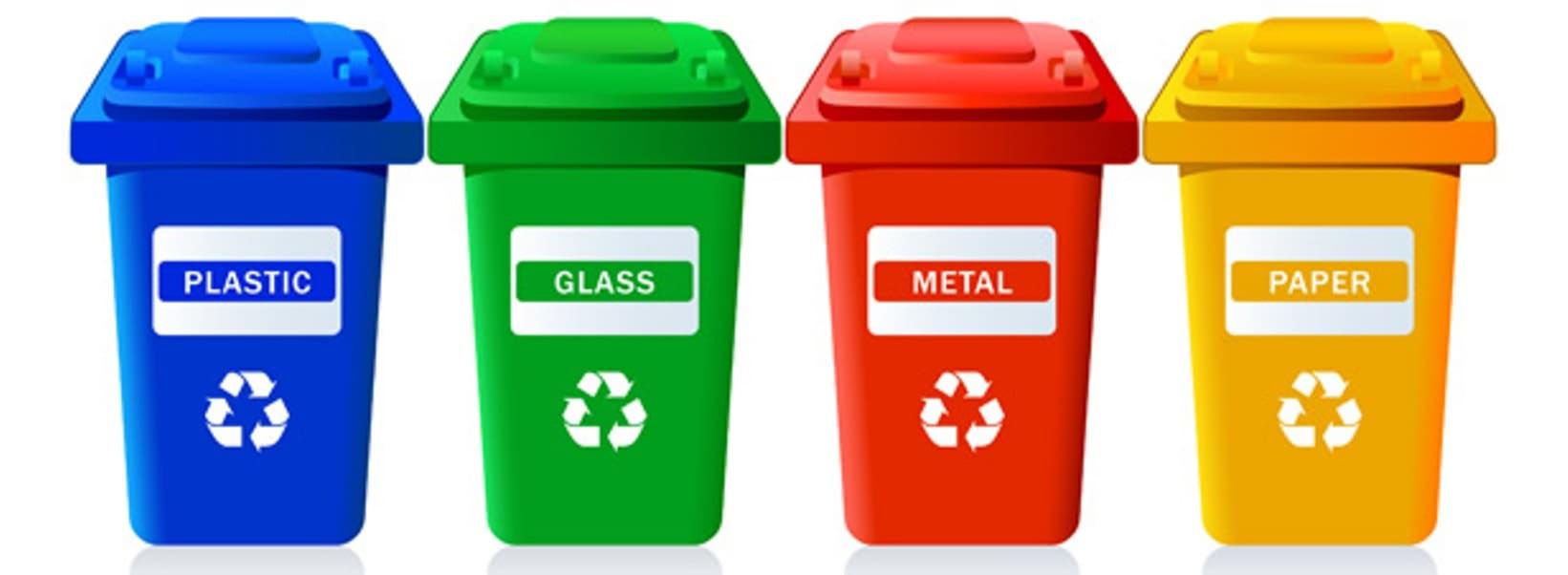
5. Match the words with their appropriate synonyms.
| 1 | pollute | A | waste |
| 2 | consume | B | dangerous |
| 3 | energy | C | contaminate |
| 4 | harmful | D | power |
6. Insert the words.
| waste, pollution, protect, factory, recycled, emissions, damage, environmentalists |
1. During the last hundred years we have done great _____ to the environment.
2. There’s a large chemical _____ in our town which has polluted the river twice in the last year.
3. The Government is very worried about the _____ of our rivers and beaches.
4. A lot of household ____like bottles and newspapers can be ____ and used again.
5. _____ are furious with the American Government for delaying measures which will reduce greenhouse gas ____ .
6. There are lots of things we can all do to ____ the environment.
7. Translate into English.
1. Не нужно бороться за чистоту, а нужно взять метлу и подмести улицу.
2. Ты можешь улучшить окружающую среду.
3. За миллионы лет многие живые существа приспособились к изменению климата.
4. Для живых существ гораздо труднее приспособиться к выбросам в окружающую среду вредных веществ, производимых человеком.
8. Listen to “EARTH SONG” by Michael Jackson (https://www.youtube.com/watch?gl=ID&hl=id&v=XAi3VTSdTxU) and do the exercises:
A. Put sentences in the right order as you hear them
|
| What about rain |
|
| That you said we were to gain...? |
|
| What about sunrise |
|
| Did you ever stop to notice |
|
| What about killing fields |
|
| Is there a time |
|
| What about all the things |
|
| Did you ever stop to notice |
|
| What about all the things |
|
| This crying Earth its weeping shores? |
|
| That you said was yours and mine...? |
|
| All the blood we’ve shed before |
B. Listen and fill in the blanks
What have we done to the__________ ?
Look what we’ve done.
What about all the__________,
That you pledge your only __________?
What about__________ fields?
Is there a time?
What about all the__________,
That you said was yours and mine?
Did you ever stop to __________,
All the children dead from __________?
Did you ever stop to notice,
This crying __________ its weeping shores?
C. Put the words in the sentences in the right order
1. used/ I / dream/ to
2. stars/ beyond/ glance/ used/ the
3. where/ don’t/ I / Now/ know/ we/ are
4. far/ drifted/ Although/ we’ve/ know/ I
D. Put the following words in the blanks
| free cry joy everything yesterday trust land elephants seas man death children animals forest |
| Hey, what about _______________ What about the ________________ The heavens are falling down I can’t even breathe What about ___________________ I have given you What about nature’s worth (ooo, ooo) It’s our planet’s womb What about ___________________ We’ve turned kingdoms to dust What about ___________________ Have we lost their ______________ What about crying whales We’re ravaging the seas What about ______________ trails (ooo, ooo) Burnt despite our pleas | What about the holy ____________ Torn apart by creed What about the common man Can’t we set him ________________ What about _______________ dying Can’t you hear them _____________ Where did we go wrong (ooo, ooo) Someone tell me why What about baby boy What about the days What about all their _____________ What about the man What about the crying man What about Abraham What about _______________ again (ooo, ooo) Do we give a damn? |
9. Read, translate and act out the following dialogue or your own one.
Dialogue 1
- Do you realize how important our environment today is?
- I know there are a lot of serious and crucial problems in our modern world. And one of them is pollution.
- Yes. The air, the water and the ground are polluted with chemicals, poisonous gases and wastes. It’s really dangerous for our health.
- Besides, it kills so many animals, fishes and plants too. Do you think it is possible to save the Earth?
- Well, to my mind, we should try. We should walk or cycle whenever possible.
- You are right. If people tried to walk or cycle instead of driving cars, the air would be much cleaner.
- And we should also avoid dropping litter outside and buying packaged food, for example. Litter is a horrible problem for big cities.
- If people took rubbish, bottles and paper to recycling centres, they would protect their environment from pollution.
- Yes. Recycling saves trees and energy too. So we must save our planet rather than destroy it.
10. Ecology
We live on a very beautiful planet – on the Earth. Our planet has very rich resources: the bright blue of the sky, fresh, crystal-clear mountain lake water, the rich green of the mountains slopes, wild flower, picturesque views – all these sceneries of nature fill us with admiration.
That’s why those who live in cities prefer spending their days off and their holidays far from the noise of the city, to be closer to nature. Perhaps they like to breathe fresh air or to swim in clear water because the ecology is not so poor as in the cities.
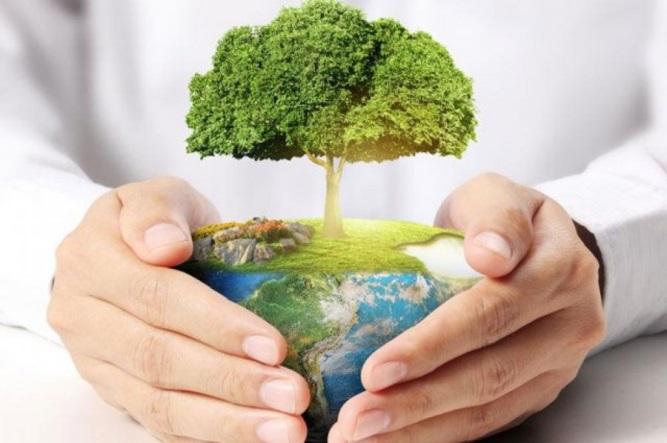 Ecology is the study of the ways in which organisms (plants and animals) depend upon each other and upon their surroundings. Each organism requires conditions in order to be able to live and breed. These conditions are its environment by changing the ecological conditions.
Ecology is the study of the ways in which organisms (plants and animals) depend upon each other and upon their surroundings. Each organism requires conditions in order to be able to live and breed. These conditions are its environment by changing the ecological conditions.
So, pollution is one of the most burning problems of nowadays. Now millions of chimneys, cars, buses, trucks all over the world exhaust fumes and harmful substances into the atmosphere. These poisoned substances pollute everything: air, land, water, birds and animals people. So, it is usually hard to breathe in the large cities where there are lots plants. Everything there is covered with soot and dirt. All these affect harmfully.
Water pollution is very serious, too. Ugly rivers of dirty water polluted with factory waste, poisoned fish are all-round us. And polluted air and poisoned water lead to the end of the civilization. So, nowadays a lot of dead lands and lifeless areas have appeared. Because our actions and dealings can turn the land to a desert.
So, we see that our environment offers an abundance of subject matter for discussion. The problems and prospects of the blue planet interest not only scientist and futurologists, but also politicians, industry, the public – and above all, young people! There is hardly a young person who is not conserved with the preservation of our natural habitat. To recognize environmental problems and master them, to reduce and avoid environmental pollution, to discover and develop ecologically sound technologies – there are the essential building blocks for our future.
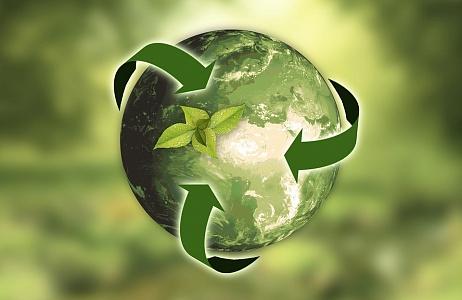 Whether scientist or politicians, bankers or student, whether Greek, Norwegian, Hungarian or Finn … all are encouraged to make a contribution towards protecting the environment. Dedication and the courage to change one’s way of thinking are called for.
Whether scientist or politicians, bankers or student, whether Greek, Norwegian, Hungarian or Finn … all are encouraged to make a contribution towards protecting the environment. Dedication and the courage to change one’s way of thinking are called for.
We are to stop pollution. So, we can grow plants and trees, to purify waste, to start urgent campaigns in order to preserve environment For example, in 1989 in Australia, Sydney. In a year the same kind of action was held all over Australia and it was called “Clean up Australia” the following years 110 countries hold the similar actions within the ecological program of the UNO.
Nowadays there are many different pressure and interests groups in British, which try to find solutions to the problems of pollution at the national and international level. So they are groups of people with a common interest in trying to draw the public attention to environment problems, to influence the government decisions.
Greenpeace is a very famous pressure group. It started functioning in 1971. Its headquarters are at Amsterdam, but it operates in 25 countries worldwide. The aim of Greenpeace is to protect wildlife of toxic wastes, nuclear tests.
“Friends of the Earth” (FoE) is one of the British pressure groups with an international reputation. Its general aim is to conserve the planet’s resources and reduce pollution. FoE was established in 1971 and now it operated in 44 countries worldwide. It campaigns among other things, for recycling and renewable energy, and the destruction of wildlife and habitat. The main campaigning issues of the FoE are:
- The protection of all animals and plants in danger of extinction.
- An end to the destruction of wildlife and habitats.
- A program of energy conservation measures, etc.
So, a number of campaigns resulted in: the ban or other hunting in England and Wales fnd indefinite delay in the construction of the Commercial East Breeder Reactor, etc. 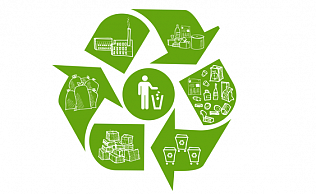
But not only great groups can influence the problem of pollution. So, different people have their own opinions on this problem:
The continued pollution of the earth, if unchecked, well eventually destroys the fitness of this planet as a place for human life. (B. Commoner).
The Earth has enough for every man’s need, but not for man’s greed. (Ganlui).
And I agree with them because it is really so. And terrible examples prove them.
The Baltic Sea is a special case. Because it is such a small sea and it becomes dirty very easily. Its waster changes slowly through the shallow straits. As many as 250 rivers run into the Baltic. There are hundreds of factories in these rivers and millions of people live along them. Quite a lot of big cities lie on its coast. All these combined with the active navigation of the sea naturally affects the state of the sea water and the shore line flora and fauna. People suffer from the waster pollution; cancer deaths increase people’s concern.
And there is no escape from this ecological crisis without organizing a single body dealing with the environmental problems, developing and carrying out a nationwide program of environmental protection and co-operating with international schemes.
Environment and Ecology
The word environment means simply what is around us. Some people live in a town environment; for others, their environment is the countryside. But the air we breathe, the soil on which we stand and walk, the water we drink are all part of the environment. The most serious environmental problems are:
- pollution in its many forms (water pollution, air pollution, nuclear pollution);
- noise from cars, buses planes, etc.
- destruction of wildlife and countryside beauty;
- shortage of natural resources (metals, different kinds of fuel);
- the growth of population
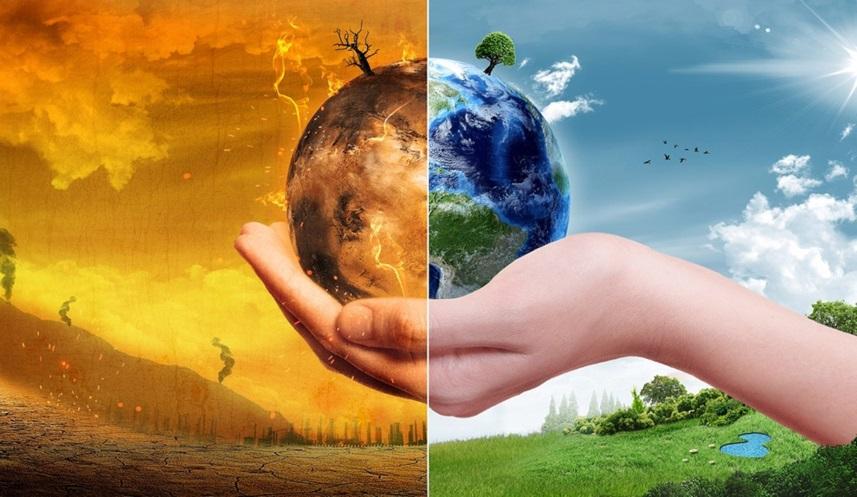 Water Pollution
Water Pollution
There is no ocean or sea which is not used as a dump. The Pacific Ocean, especially, has suffered from nuclear pollution because the French Government tests nuclear weapons there. Many seas are used for dumping industrial and nuclear waste.
Many rivers and lakes are poisoned too. Fish and reptiles can’t live in them. There is not enough oxygen in the water. In such places all the birds leave their habitats and many plants die. If people drink this water they can die too. It happens s because factories and plants produce a lot of waste and pour it into rivers.
Air Pollution
You certainly know that most of the pollution on big cities comes from cars and buses.
More and more often people are told not to be in direct sunlight, because ultraviolet radiation from the sun can cause skin cancer. Normally the ozone layer in the atmosphere protects us form such radiation, but if there are holes in the ozone layer ultraviolet radiation can get to the earth. Many scientists think that these holes are the result of air pollution.
Nuclear power stations can go wrong and cause nuclear pollution. This happened in Windscale in Britain, in Three Mile Island in the USA and Chernobyl in the former Soviet Union. Nuclear stations cannot be seen but its effects can be terrible.
To make air clean again we need good filters at nuclear power stations, at factories, plants and in cars and buses.
2




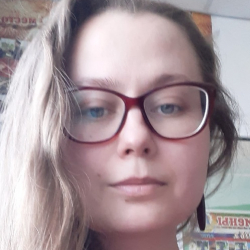



 Ecology is the study of the ways in which organisms (plants and animals) depend upon each other and upon their surroundings. Each organism requires conditions in order to be able to live and breed. These conditions are its environment by changing the ecological conditions.
Ecology is the study of the ways in which organisms (plants and animals) depend upon each other and upon their surroundings. Each organism requires conditions in order to be able to live and breed. These conditions are its environment by changing the ecological conditions. Whether scientist or politicians, bankers or student, whether Greek, Norwegian, Hungarian or Finn … all are encouraged to make a contribution towards protecting the environment. Dedication and the courage to change one’s way of thinking are called for.
Whether scientist or politicians, bankers or student, whether Greek, Norwegian, Hungarian or Finn … all are encouraged to make a contribution towards protecting the environment. Dedication and the courage to change one’s way of thinking are called for.
 Water Pollution
Water Pollution
















